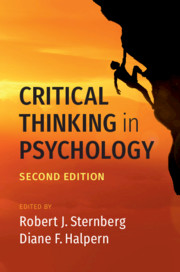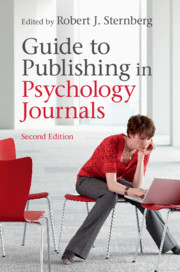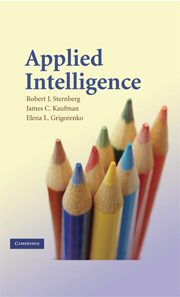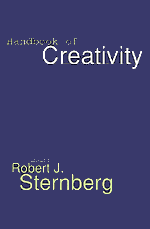Critical Thinking in Psychology
Good scientific research depends on critical thinking at least as much as factual knowledge; psychology is no exception to this rule. And yet, despite the importance of critical thinking, psychology students are rarely taught how to think critically about the theories, methods, and concepts they must use. This book shows students and researchers how to think critically about key topics such as experimental research, statistical inference, case studies, logical fallacies, and ethical judgments. Using updated research findings and new insights, this volume provides a comprehensive overview of what critical thinking is and how to teach it in psychology. Written by leading experts in critical thinking in psychology, each chapter contains useful pedagogical features, such as critical-thinking questions, brief summaries, and definitions of key terms. It also supplies descriptions of each chapter author's critical-thinking experience, which evidences how critical thinking has made a difference to facilitating career development.
- Highlights the importance of critical thinking and how to improve it
- Lists key terms with definitions
- Presents a wide range of views on how to understand and increase critical thinking
- Includes pedagogical features which will help students and faculty alike make optimal use of the book
Reviews & endorsements
'Political polarization, healthcare scams, media misinformation - we live in a sea of hustles and biases! What's known about how critical thinking falters and how to do better are the powerful themes of this timely volume.' David Perkins, Harvard University, Massachusetts
'Critical thinking is rarely in abundant supply and its apparent death has become particularly salient in a time of ‘fake news’ and ‘alternative facts’. By synthesizing research across the behavioral sciences, this superb book highlights what it takes to think critically, identifies obstacles and opportunities, and offers sage advice. It will be useful for years to come.' Norbert Schwarz, University of Southern California
Product details
January 2020Adobe eBook Reader
9781108750578
0 pages
9 b/w illus. 12 tables
This ISBN is for an eBook version which is distributed on our behalf by a third party.
Table of Contents
- 1. An introduction to critical thinking: maybe it will change your life Diane F. Halpern and Robert J. Sternberg
- 2. Nobelists gone wild: case studies in the domain specificity of critical thinking Scott O. Lilienfeld, Candice Basterfield, Shauna M. Bowes and Thomas H. Costello
- 3. Why science succeeds, and sometimes doesn't Jonathan Baron
- 4. Critical thinking and the rejection of unsubstantiated claims D. Alan Bensley
- 5. Promoting critical thinking by teaching, or taking, psychology courses Douglas A. Bernstein
- 6. Avoiding and overcoming misinformation on the Internet Jason L. G. Braasch and Arthur C. Graesser
- 7. Critical thinking impacts our everyday lives Heather A. Butler and Diane F. Halpern
- 8. Research suffers when we all agree: how sociopolitical homogeneity impairs critical thinking in the academy Stephen J. Ceci and Wendy M. Williams
- 9. When all is just a click away: is critical thinking obsolete in the digital age? Gerd Gigerenzer
- 10. Critical thinking: promise, progress, and paradox Jane S. Halonen and Dana S. Dunn
- 11. Evaluating experimental research Henry L. Roediger, III and Jeremy K. Yamashiro
- 12. Critical thinking as scientific reasoning: examining the power of sports momentum John Ruscio and Kevin Brady
- 13. Critical thinking in STEM disciplines Robert J. Sternberg
- 14. Why would anyone do or believe such a thing? A social influence analysis Anthony R. Pratkanis
- 15. Conclusion: how to think critically about politics (and anything else!) Robert J. Sternberg and Diane F. Halpern.






